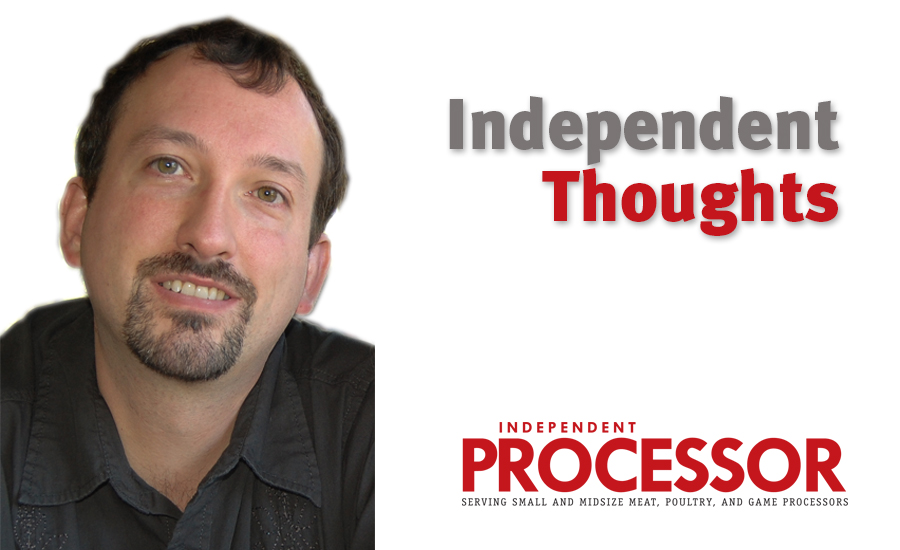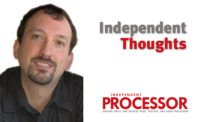Having been through dozens of meat and poultry processing plants during the 12+ years I’ve been writing about this industry, there is one thing I have never seen: an identical workforce. I’ve never been to a single plant where everyone who works there is the same nationality, generation, gender and race. I doubt such a place exists. Those are just the physical characteristics; consider also religion, sexual orientation and political views and you start to have an idea of how varied the population of a meat plant can be.
It falls to the business operator to bring together a diverse workforce and get them to run smoothly. It’s a completely different task from ensuring the profitability of the company but just as challenging. As the recent months have shown in our polarized society, any disagreement can quickly escalate to shouting or worse. Maybe your business is large enough that you have a human resources department to help maintain harmony. Maybe your business is smaller, and you are the human resources department. Either way, the head of the business sets the tone for all the other employees, for better or for worse.
As a leader, it is your job to make sure your business is a welcoming place for every worker. It requires empathy, which is an increasingly lost virtue. It means, “The ability to understand and share the feelings of another.” In other words, it requires you to put yourself in the position of another person and understand something from their viewpoint. What may seem like an innocuous comment or an off-color joke to you may be very insulting to someone else. Their morale could be affected, their productivity could suffer, and the way that they view you as a boss may be permanently tainted.
Should you feel the need to walk on pins and needles around your team members? No, of course not. I’ve been to plenty of companies that plan team gatherings and dinners or even have a volleyball court behind the plant. They pull together for the good of the company and celebrate successes as a team. That type of atmosphere doesn’t come from everyone acting stiff and formal all day. It comes from acting like a work “family,” where people treat each other with respect, appreciate each other for who they are, and don’t let differences get in the way of good relationships. They don’t let a difference in political or religious beliefs or ethnic backgrounds disrupt relationships. If you are supportive of your workforce, your workforce will support you.



Report Abusive Comment